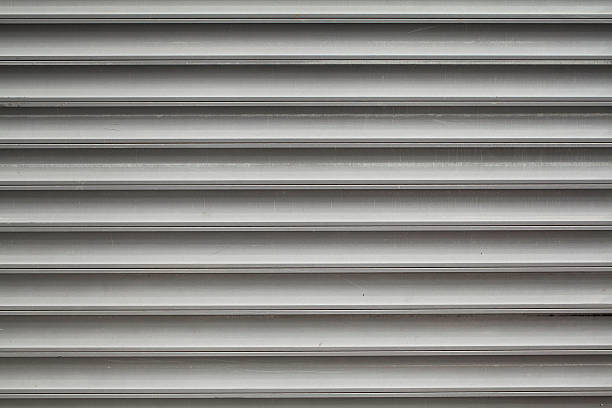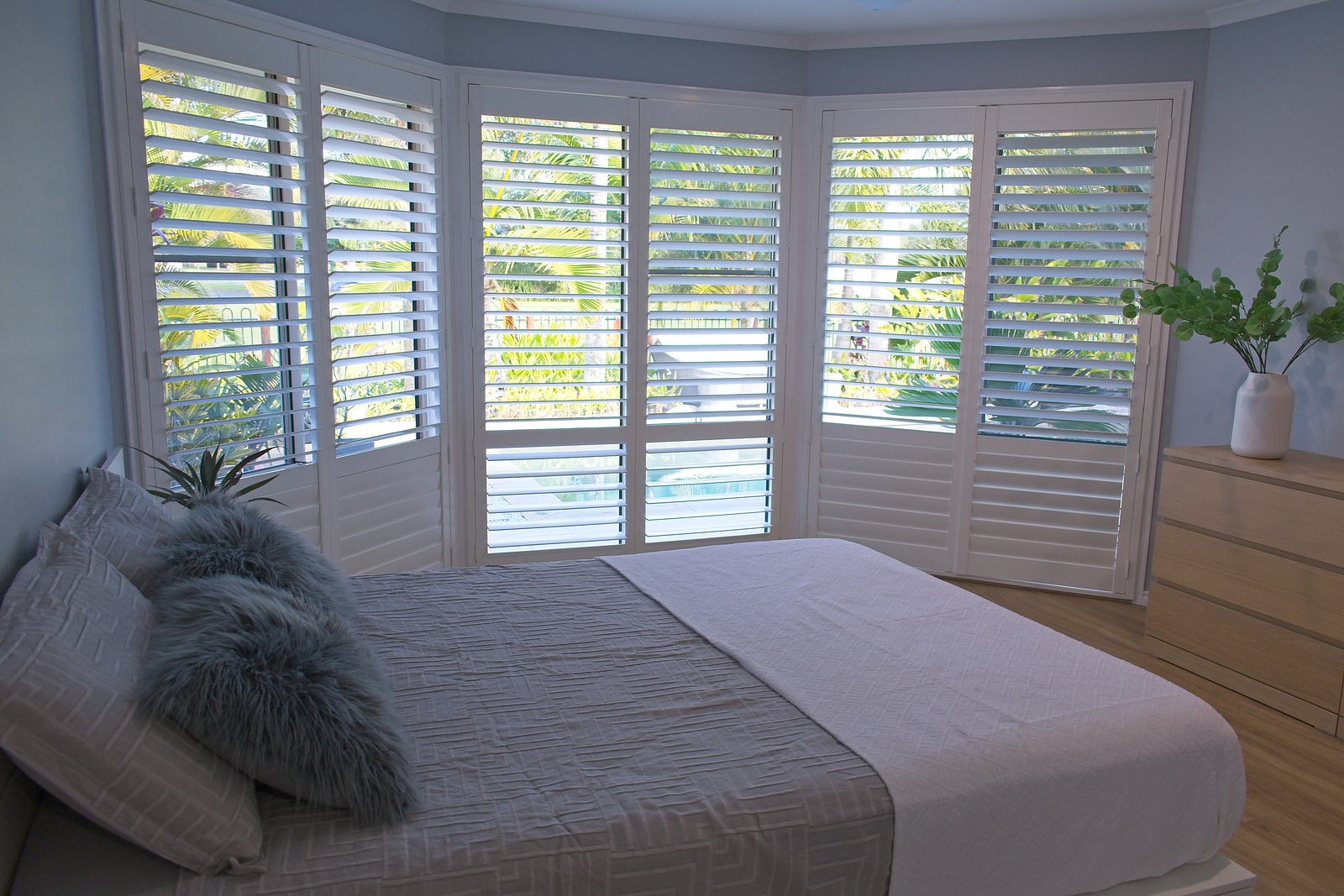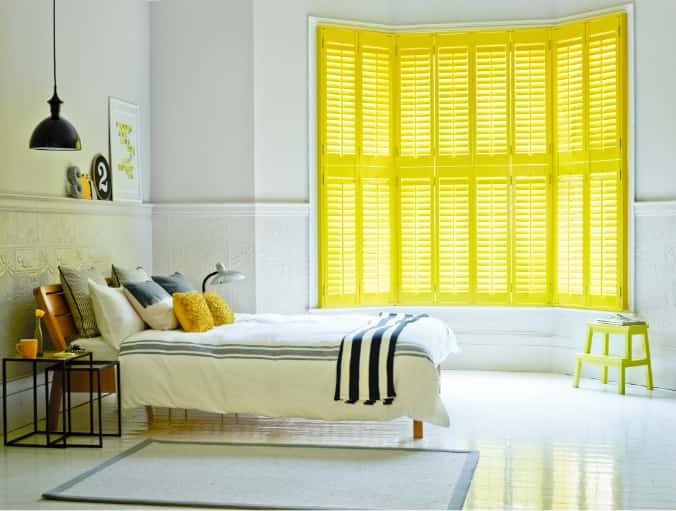Why Do Businesses Use The Word Shutter When Closing Down?

Whilst solid panel shutters have had a rather substantial revival over the last few decades, typically the term shuttering is used in one of two contexts.
The first is to describe high-quality window and door coverings, typically made of wood and commonly featuring adjustable louvres, but the second is used to describe when a shop or business closes down or terminates a deal or policy.
The origins of the term as a verb date back to 1826, but has its roots in Old English and its Germanic roots.
Initially, the word “scyttan” described specifically the practice of fastening a door or gate in place with a bolt, the idea being that fixing something in place locks it, keeps it secure and means that it cannot be accessed nor used.
Scyttan in itself comes from the West Germanic term “skutjan”, which means to obstruct, which often fits the context that shutter is used in.
It would take until 1826 for the term to be used with a meaning substantially different to “shutting”, and part of the reason for that is differences in the types of shutters used by businesses.
As the beautiful solid wood shutters were increasingly replaced by metal panels and later roller shutters, the implication of shuttering would similarly increase in strength and intensity, implying a more permanent arrangement than perhaps it did previously.
Outside of the shutter industry, shuttering is typically used to describe stores and businesses that are closing for a prolonged period, with characteristic shutters stopping people from going in until the building is ready to be used again.
Unlike most home shutters, where they can be closed but also open thanks to easy-to-use louvres, roller shutters tend to require additional power to open and close, and so if a building is shuttered, the implication in most cases is that this closure is semi-permanent.
Related articles

What Colours Work Best With Plantation Shutters?
If you want a light, beautiful window covering, there are few choices that have become more popular than the louvred wooden shutter. Also known as plantation shutters, louvred shutters have become the look of the moment, because they provide a particularly bright addition to a room and allow for both carefully controlled privacy and a […]

Which Way Should You Close Your Shutters?
When people choose window coverings, how much they prioritise privacy will in many cases dictate what drapes they choose. This is why so many people opt for blinds over curtains; there is a greater control not only over the natural light in the room but how much people outside could see into their home. People […]